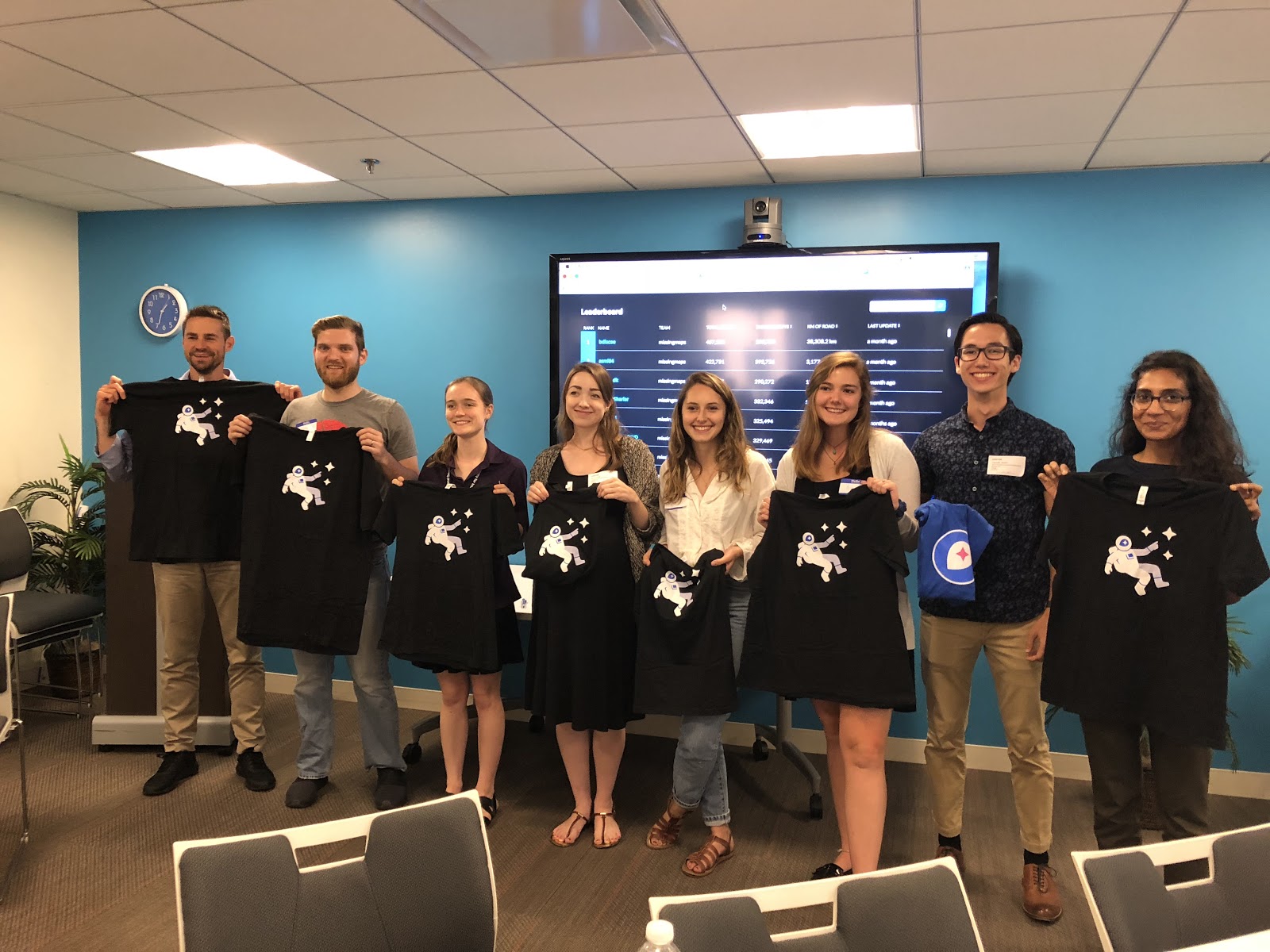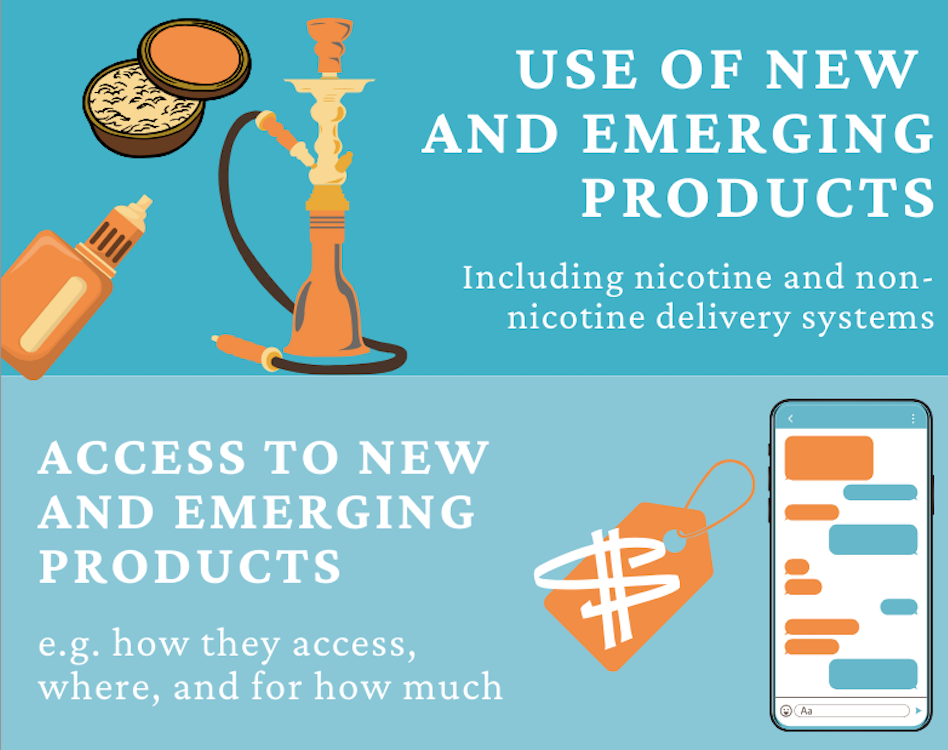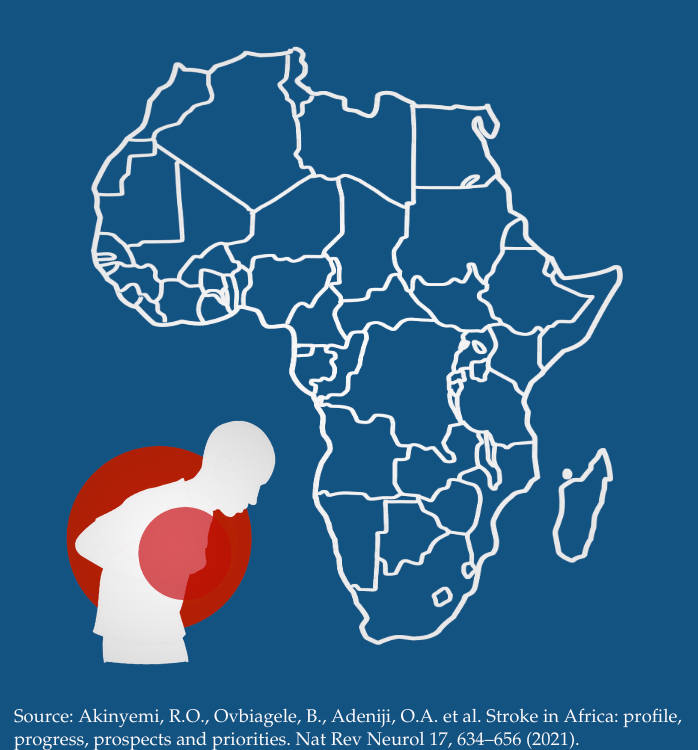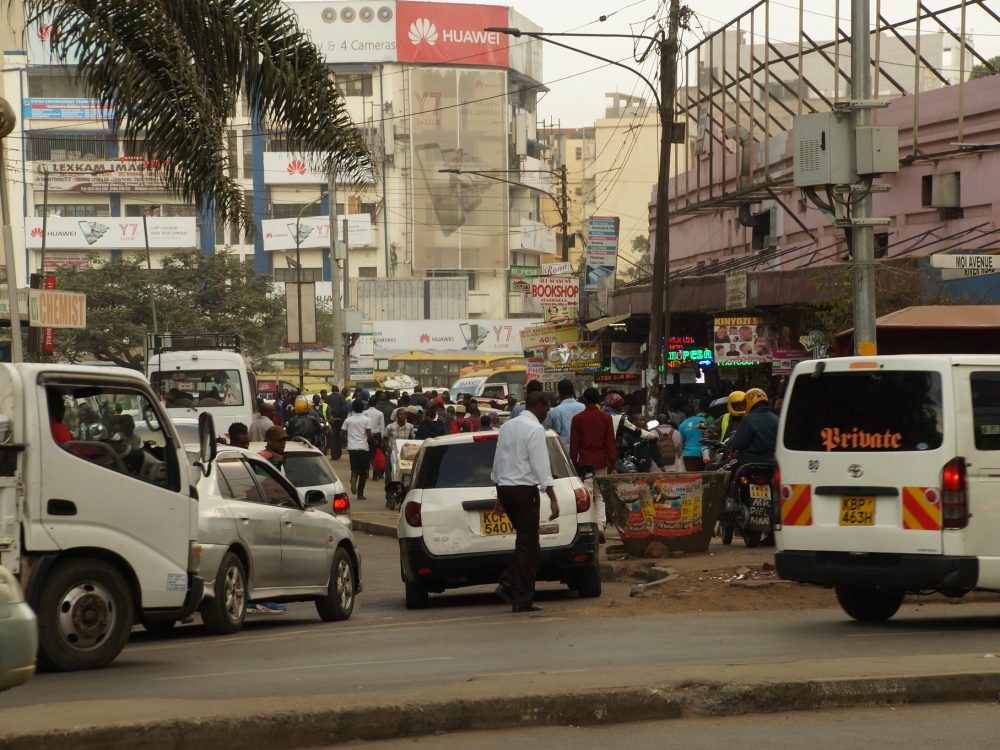Creating Open Geographic Data for the Fight Against HIV/AIDS

Figure 1: The Top 10 Mappers at the OpenStreetMap Mapathon
Tremendous progress has been made over the past two decades in the fight against HIV/AIDS in Africa. Citizens are more aware of the virus, medications have been improved, and access to support has increased. In Côte d’Ivoire, a remaining challenge in combating HIV/AIDS is to more effectively target hotspots and to ensure that resources are finding their way to local communities with the greatest needs for prevention and treatment.
On July 10th, the Côte d’Ivoire Ministry of Health’s Direction de l’Informatique et de l’Information Sanitaire (Directorate for IT and Health Information – DIIS), USAID, AidData, and Development Gateway co-hosted an OpenStreetMap mapathon to help public authorities and local HIV/AIDS support networks to gain better access to cartographic information relevant to HIV/AIDS. Over 35 mappers gathered at the OpenGov Hub in Washington, DC, combining forces to map over 2,500 buildings, covering 50% of City of San Pédro, the project area. Local mappers will soon walk the streets of San Pédro to provide more information about each of these buildings. This data will then be integrated with other datasets related to HIV/AIDS prevalence, health center coverage, and other key information to inform efforts to curtail HIV/AIDS transmission, improve awareness, and increase access to necessary treatments in these high-risk areas.

Figure 2: Participants learning more about the OpenDCH Project
The #MapCiV mapathon is part of the Open Geospatial Data Center for Health (OpenDCH) program, which was designed to serve as a hub of collaboration, focusing on stakeholder engagement, alignment of data sources, and forging of data literacy. OpenDCH is a partnership between AidData, Development Gateway, the Ministry of Health’s Direction de l’Informatique et de l’Information Sanitaire (DIIS), and USAID/Côte d’Ivoire.
The #MapCiV mapathon represents the first step in a broader strategy designed to collect data about poorly understood areas of the country, and harness technology to reveal new insights that lead to more informed policy decisions. The next mapathons will take place at the College of William & Mary and at the Centre Universitaire de Recherche et d’Application en Télédétection (CURAT) in Abidjan. Local mappers, with the support and engagement of OpenStreetMap – Côte d’Ivoire (OSMCI), will take to the streets of seven areas of the country for a total of more than 25 days of mapping and 10 additional days of data validation.
Share This Post
Related from our library

Diving into the DaYTA Program’s Data Collection Process
This blog explores key insights from the DaYTA program, offering practical guidance for researchers on effective data collection, overcoming field challenges, and leveraging local partnerships to enhance tobacco control efforts. This piece is especially timely following DaYTA’s workshop convening all 3 study country stakeholders to review the survey results and strategize on how best to disseminate this data to target audiences. This workshop took place from in Lagos, Nigeria, from November 18-20th.

More Smoke, More Stroke
In honor of this year’s World Stroke Day, observed annually on October 29th, this piece aims to raise awareness of the substantial burden of non-communicable diseases–particularly stroke incidents–using the case study of Nigeria, one of the main tobacco production hubs on the continent, in addition to Kenya.

New Research Manuscript on Mortality from Tobacco Use in Kenya
DG is excited to announce the publication of a research manuscript on Mortality from Tobacco Use in Kenya in Tobacco-Induced Diseases. This research was carried out as part of the Tobacco Control Data Initiative (TCDI).